Potting outdoor plants can be both fun and rewarding. It adds beauty and life to your garden or patio.
Are you looking to create a stunning outdoor garden? Potting plants the right way is crucial. Many people don’t realize that the process affects plant health and growth. In this guide, we will explore the best way to pot outdoor plants.
You’ll learn essential tips and tricks to help your plants thrive. From choosing the right pots to the perfect soil mix, we will cover it all. Get ready to transform your outdoor space into a green haven. Let’s dive into the world of potting outdoor plants and make your garden flourish.

Credit: lifeonvirginiastreet.com
Choosing The Right Containers
Plants need the right container to grow well. Clay pots are popular. They are heavy and stable. Plastic pots are light and easy to move. They also hold water well. Wooden pots look nice but can rot over time. Metal pots are strong but can get very hot in the sun. Each material has its pros and cons.
Choose the right size pot for your plant. Small pots dry out fast. Large pots stay moist longer. Small plants need small pots. Big plants need bigger pots. Too small, and roots can’t grow. Too big, and soil stays too wet. Balance is key.
Selecting Quality Soil
Different plants need different soil types. Some plants love sandy soil. Others thrive in clay soil. Loamy soil is good for most plants. It holds water but drains well. Always choose the right soil for your plant.
Plants need nutrients to grow strong. Add compost to your soil. It gives plants extra food. Manure is also good. It helps plants grow faster. You can also add peat moss. It keeps soil moist. Perlite and vermiculite improve soil structure. These additives ensure plants get the best start.
Proper Drainage Techniques
Plants need drainage holes to stay healthy. These holes let extra water escape. Without holes, roots can rot. Always check pots for holes before planting. If there are no holes, make some. Use a drill or hammer and nail. Make sure holes are not too big. This keeps soil from falling out.
Layering helps with drainage too. First, add small stones or gravel. This layer keeps soil from blocking holes. Next, put a layer of coarse sand. Sand helps water drain better. Finally, add potting soil. This method helps plants grow strong. Always check layers for any gaps.
:strip_icc()/monochromatic-container-grouping-1771f18e396e421582956238c09dc03e.jpg)
Credit: www.bhg.com
Planting Steps
Choose a pot with drainage holes. Fill the bottom with small rocks. This helps water drain. Add potting soil. Leave space at the top. The soil should be moist but not wet. Mix in some fertilizer. This helps the plant grow strong. Make sure the pot is big enough for the plant.
Take the plant out of its old pot. Be gentle with the roots. Place the plant in the new pot. Fill in the sides with more soil. Press the soil gently. Make sure the plant is level. Water the plant well. Put the pot in a sunny spot. Keep the soil moist, not dry.
Watering Best Practices
Proper drainage is essential when potting outdoor plants. Use high-quality soil and ensure pots have drainage holes. Regularly check soil moisture to prevent overwatering.
Frequency
Watering outdoor plants can be tricky. Check soil moisture before watering. If soil is dry, water the plant. Do not overwater as it may harm the plant. Water deeply but less often to encourage deep root growth. Morning watering is best to reduce evaporation. This also helps prevent disease. Avoid watering in the evening.
Methods
Use a watering can for small pots. A garden hose works well for larger areas. Drip irrigation is another great option. It delivers water directly to the roots. Mulching helps retain soil moisture. Use organic mulch for best results. Keep leaves dry to prevent mold and mildew. Observe your plants and adjust watering as needed.
Fertilizing Tips
Different plants need different fertilizers. Some need organic fertilizers. Others do well with synthetic ones. Organic options like compost or manure improve soil health. Synthetic fertilizers provide quick nutrients. They come in liquid or granular forms. Choosing the right fertilizer helps plants grow strong.
Fertilize plants during the growing season. This is usually spring and summer. Avoid fertilizing in winter. Plants are dormant then. Over-fertilizing can harm plants. Follow the instructions on the fertilizer package. Apply the right amount. Too much can burn the roots. Too little won’t help the plants.
Dealing With Pests
Outdoor plants often face pests. Some of the common pests are aphids, spider mites, and snails. Aphids are tiny bugs that can suck the sap from plants. Spider mites are even smaller and can cause leaves to turn yellow. Snails can chew big holes in leaves.
Use natural remedies to keep pests away. One way is to spray plants with a mix of water and mild soap. This can stop many pests. Another way is to use neem oil. It is safe for plants and gets rid of bugs. Planting garlic or marigolds nearby also helps keep pests away.
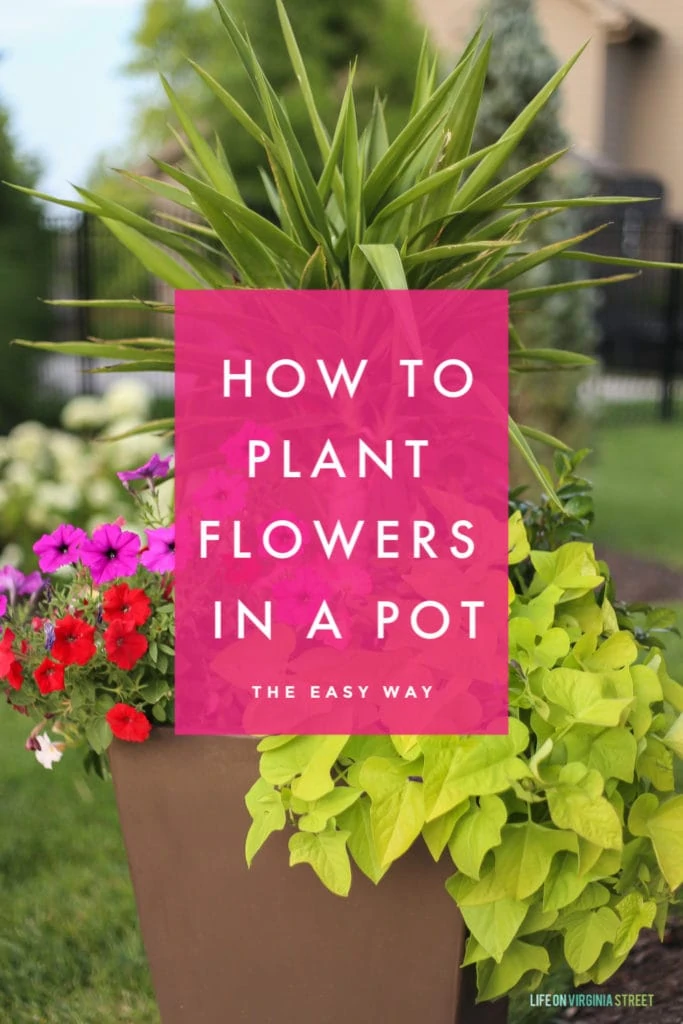
Credit: lifeonvirginiastreet.com
Seasonal Care
For the best way to pot outdoor plants, start by choosing the right pot with good drainage. Use quality soil and place the plant gently.
Weather Protection
Outdoor plants need protection from extreme weather. In hot weather, use shade cloths. This helps keep plants cool. During heavy rain, move plants to sheltered spots. Strong winds can harm plants. Use windbreaks like fences or walls. In cold weather, cover plants with frost blankets. This helps keep them warm. Always check the weather forecast. Be ready to protect your plants.
Pruning
Pruning helps plants stay healthy and strong. Trim dead or damaged leaves often. This stops disease from spreading. Cut back overgrown branches. This lets more light in. Also, it improves air flow. Use clean, sharp tools for pruning. Dirty tools can spread disease. Prune in the morning. Plants can heal faster during the day. Always prune after flowering. This keeps plants looking good.
Frequently Asked Questions
How Do You Choose The Right Pot Size?
Choosing the right pot size is crucial. Ensure the pot is 1-2 inches larger than the plant’s root ball. This allows room for growth and avoids overcrowding.
What Type Of Soil Is Best For Outdoor Plants?
Use well-draining potting mix. It retains moisture but doesn’t get waterlogged. Look for mixes with perlite, peat, or compost.
How Often Should You Water Outdoor Potted Plants?
Watering needs vary. Generally, water when the top inch of soil feels dry. Avoid overwatering to prevent root rot.
Do Outdoor Potted Plants Need Fertilizer?
Yes, outdoor potted plants benefit from regular feeding. Use a balanced, slow-release fertilizer every few weeks for optimal growth.
Conclusion
Proper potting helps your outdoor plants thrive. Choose the right pot size. Use quality soil for better growth. Ensure proper drainage to avoid root rot. Water regularly, but don’t overwater. Consider sunlight needs for each plant. Mulching helps retain moisture.
Regularly check for pests and diseases. Happy gardening!

My mission is to help you bring the beauty of nature indoors with expert advice, detailed plant care guides, and creative design ideas.

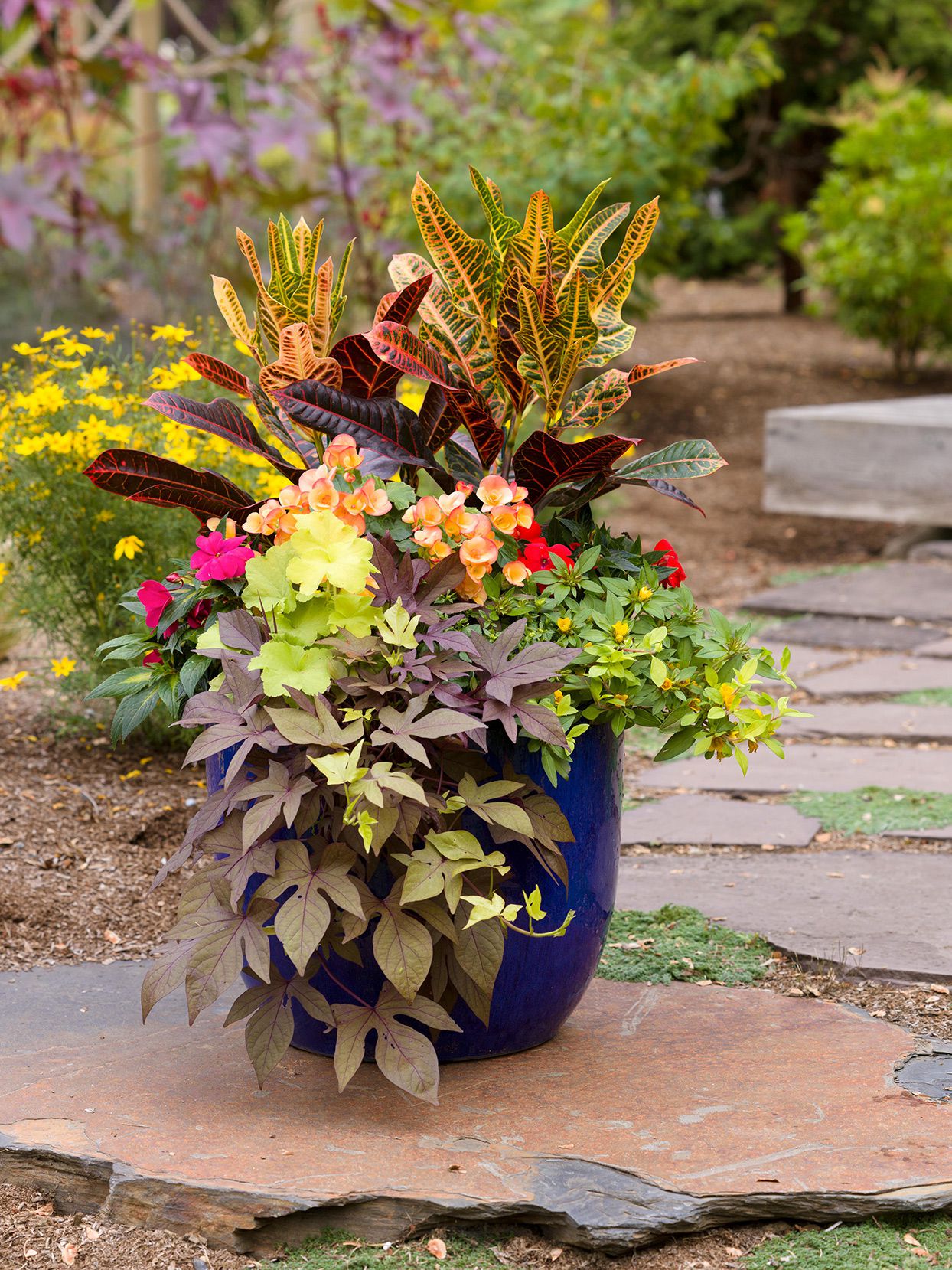
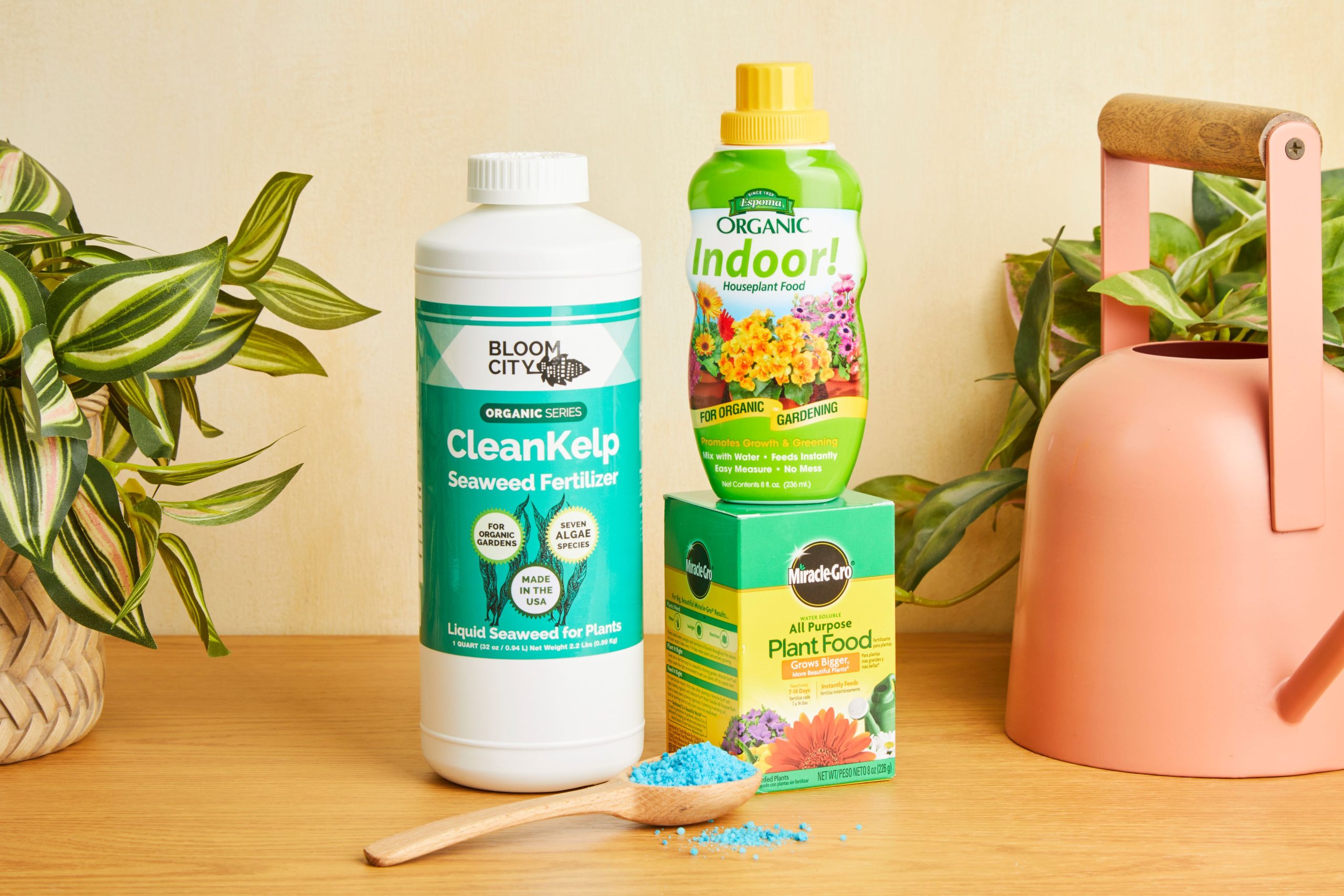
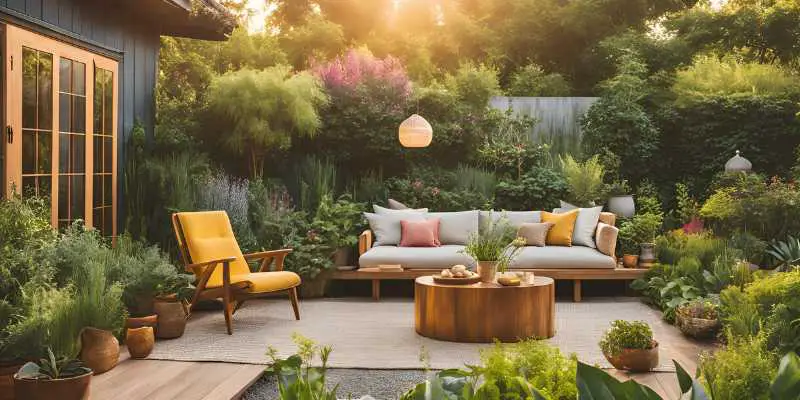
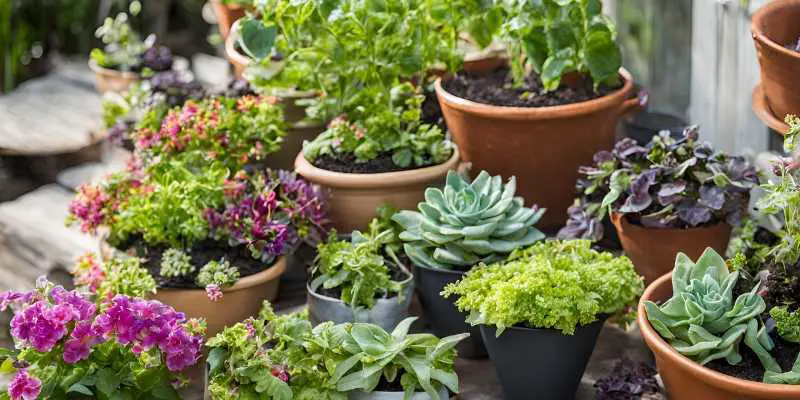
Leave a Reply